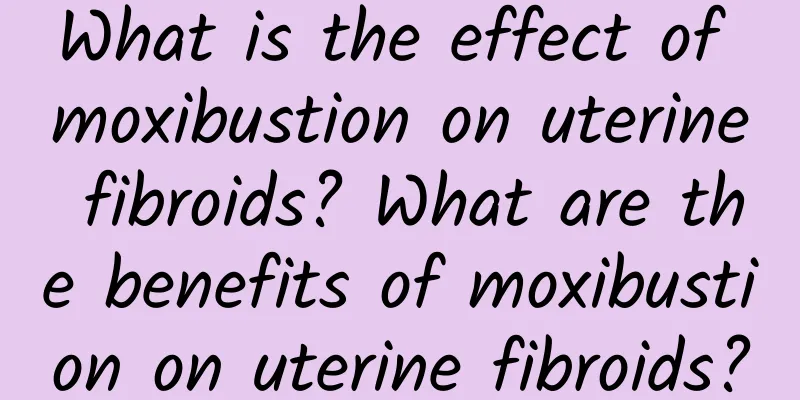What is premature ovarian failure amenorrhea?

|
Premature ovarian failure refers to women who have established regular menstruation but before the age of 40 experience persistent amenorrhea and sexual organ atrophy due to ovarian dysfunction, often with increased gonadotropin levels and decreased estrogen levels. The clinical manifestations are accompanied by varying degrees of pre- and post-menopausal symptoms such as hot flashes, sweating, vaginal dryness, and decreased libido, causing premature aging of patients and bringing great pain to their physical and mental health and married life. Normal women's ovarian function begins to decline when they are 45 to 50 years old. If signs of decline appear before the age of 40, it is medically called premature ovarian failure. Such women often have amenorrhea or oligomenorrhea, increased gonadotropin levels and decreased estrogen levels. The clinical manifestations are varying degrees of hot flashes, sweating, vaginal dryness, decreased libido and other pre- and post-menopausal symptoms. The decline of ovarian function can cause varying degrees of menopausal syndrome symptoms such as hot flashes, sweating, anxiety, depression, irritability, etc. Due to vaginal dryness and insufficient lubrication, not only will the sexual life of the couple be greatly affected, but it can also cause damage to the vaginal mucosa, which can easily cause viral and bacterial infections, induce vaginitis or aggravate the original condition, and have a great impact on the quality of life and mental and physical health. Clinically, if there is a tendency of premature ovarian failure or if it has already occurred, treatment should be given as soon as possible. There is a close relationship between the length of the course of the disease and the efficacy. Early detection and early treatment have better efficacy, while long-term treatment is difficult to treat. In the long-term treatment of premature ovarian failure, it is necessary to combine the relevant food therapy of blood and flesh products that nourish the kidney and essence, strengthen the spleen and nourish the blood, and the medicine and food are treated together, complementing each other. |
<<: Specific introduction to the diet method for patients with vaginitis
>>: Relaxation therapy helps recovery from functional uterine bleeding
Recommend
Is it difficult for people who eat out to lose weight? You can lose weight by eating the right bento! Experts recommend low-sugar ketogenic lunch boxes, which are nutritious and not fattening
The weather is hot, and many office workers start...
Early symptoms of ectopic pregnancy
Ectopic pregnancy is a dangerous acute abdominal ...
Is it normal to have no blood after abortion? Painless abortion usually bleeds a week later
Is it normal to have no bleeding after abortion? ...
Certain diseases may cause irregular menstruation
Many women have irregular menstruation, but the s...
Can I have a painless abortion in 50 days?
Painless abortion is usually possible at 50 days,...
How to regulate diet after abortion? How to deal with back pain after abortion?
Artificial abortion is a means of artificially te...
What causes ovarian cysts?
Ovarian cysts are a common disease in women. The ...
Can drinking vinegar lower blood pressure? Nutritionist: Eat right and you will have better control over blood sugar!
Taiwan has become a "roasted sweet potato&qu...
How can women of childbearing age reduce abortion?
Women can conceive for more than 20 years in thei...
Let’s discuss what are the health care measures for cervical hypertrophy?
In order to cure the disease of cervical hypertro...
Analyzing the cause of cervicitis through leucorrhea
MicrosoftInternetExplorer402DocumentNotSpecified7....
What harm does vaginitis bring to female friends?
Vaginitis is a common gynecological disease, whic...
How much does uterine fibroid surgery cost?
The cost of uterine fibroid surgery is often a co...
What are the harms of menopause to patients?
Among gynecological diseases, menopause does not ...
What should I do if I have lower abdominal pain five days after abortion? Do the following 3 daily care
If you have lower abdominal pain five days after ...









